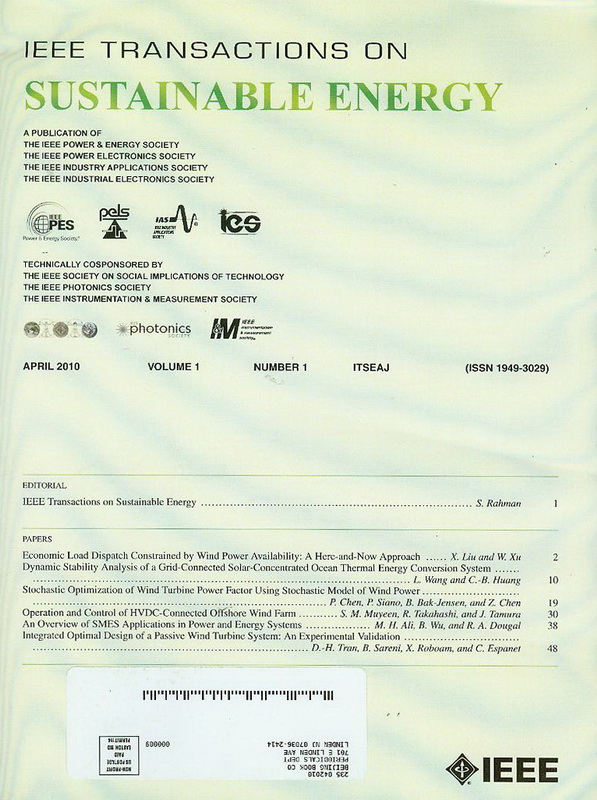A Multi-Objective Bi-Level LVRT Control Strategy for Two-Stage PV Grid-Connected System Under Asymmetrical Faults
IF 10
1区 工程技术
Q1 ENERGY & FUELS
引用次数: 0
Abstract
With the increasing integration of photovoltaics (PV) into power systems, the low-voltage ride-through (LVRT) control of PV grid-connected systems is drawing significant attention. This paper presents a multi-objective bi-level LVRT control strategy for the two-stage PV grid-connected system to maximize the positive and negative sequence voltage support capability while ensuring safe operation under asymmetrical faults. The AC level controls the grid side inverter, while the DC level regulates the boost converter. The grid voltage support control strategy is implemented at the AC level to support the positive and negative sequence voltage of the point of common coupling. Considering there is an inherent contradiction between grid voltage support with the overcurrent of inverter and DC voltage oscillation, the current references are automatically adjusted to facilitate the maximum positive and negative voltage support while limiting the overcurrent and oscillation of DC-link voltage. Based on the power reference shared from the AC level, the DC level regulates the boost converter to stabilize the DC-link voltage speedily by utilizing the compensation current. Finally, simulations and experiments demonstrate the voltage support capability and fast dynamic response characteristics of DC-link voltage in different scenarios.非对称故障下两级光伏并网系统多目标双级LVRT控制策略
随着光伏发电在电力系统中的应用越来越广泛,光伏并网系统的低压穿越控制问题日益受到人们的关注。针对两级光伏并网系统,提出了一种多目标双电平LVRT控制策略,以最大限度地提高系统的正、负序电压支持能力,同时保证系统在不对称故障情况下的安全运行。交流电平控制电网侧逆变器,而直流电平调节升压变换器。在交流级实现电网电压支持控制策略,以支持公共耦合点的正、负序电压。考虑到电网电压支持逆变器过流与直流电压振荡之间存在固有矛盾,在限制直流电压过流和振荡的同时,自动调整电流基准,以方便最大正、负电压支持。直流电平基于交流电平共享的功率基准,利用补偿电流对升压变换器进行调节,以快速稳定直流链路电压。最后,通过仿真和实验验证了直流链路电压在不同场景下的电压支持能力和快速动态响应特性。
本文章由计算机程序翻译,如有差异,请以英文原文为准。
求助全文
约1分钟内获得全文
求助全文
来源期刊

IEEE Transactions on Sustainable Energy
ENERGY & FUELS-ENGINEERING, ELECTRICAL & ELECTRONIC
CiteScore
21.40
自引率
5.70%
发文量
215
审稿时长
5 months
期刊介绍:
The IEEE Transactions on Sustainable Energy serves as a pivotal platform for sharing groundbreaking research findings on sustainable energy systems, with a focus on their seamless integration into power transmission and/or distribution grids. The journal showcases original research spanning the design, implementation, grid-integration, and control of sustainable energy technologies and systems. Additionally, the Transactions warmly welcomes manuscripts addressing the design, implementation, and evaluation of power systems influenced by sustainable energy systems and devices.
 求助内容:
求助内容: 应助结果提醒方式:
应助结果提醒方式:


